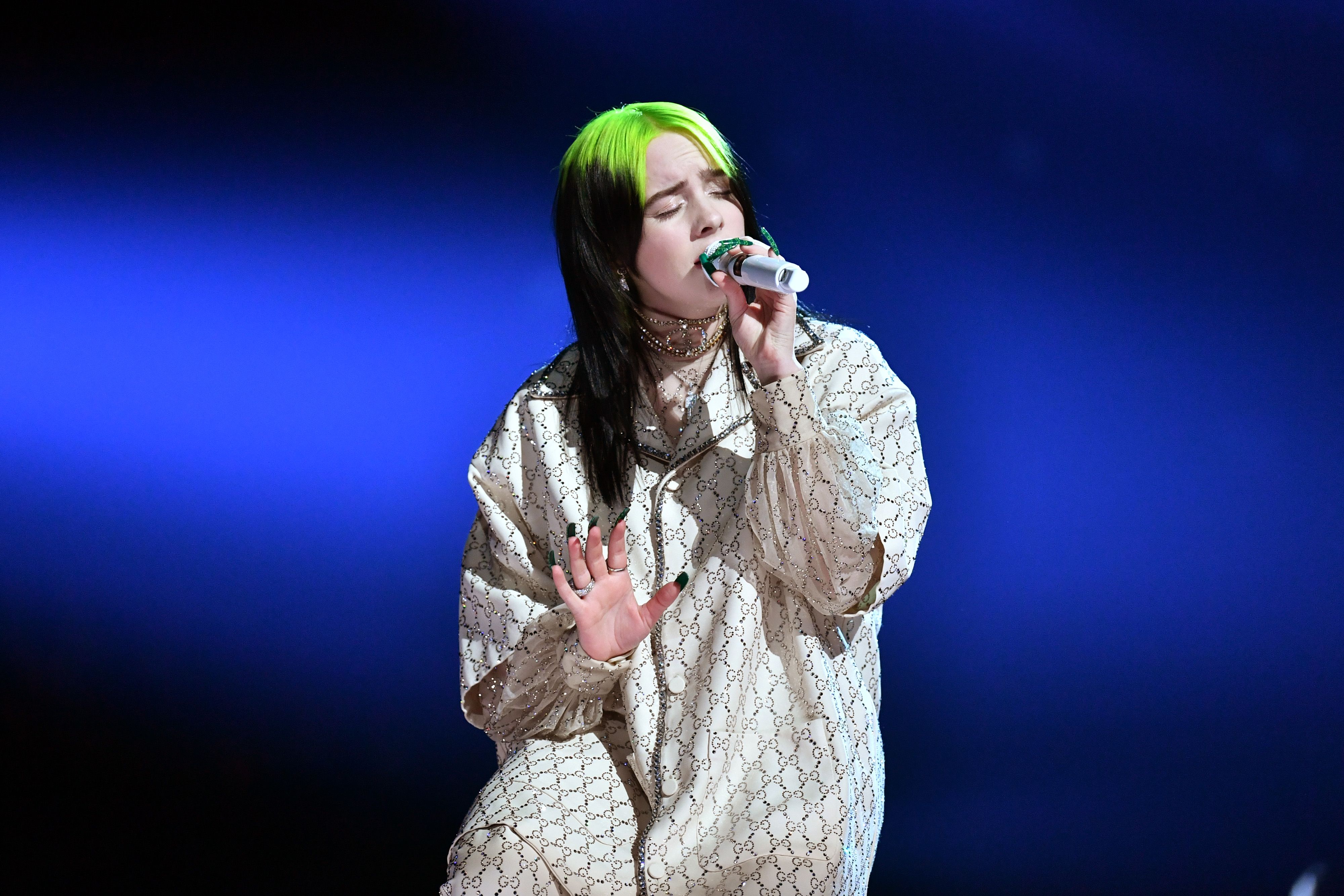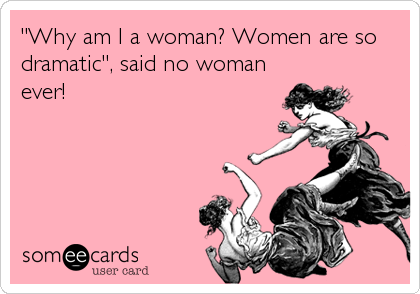“What Was I Made For?” – Billie Eilish
This past Sunday, the Grammys, the most prestigious and significant award show in music, took place. It is always entertaining to tune in and experience the suspense of waiting to figure out whose name will be announced as a winner. It is also upsetting at times when your favorite artist or song does not win the Grammy you think they rightfully deserve. However, I was not upset when Billie Eilish won big this year, taking home the Grammy for Song of the Year for her song “What Was I Made For?” which is a part of the Barbie soundtrack. Therefore, covering what the Grammys perceived as the song of 2023 for this week’s blog post is only fitting.
Right when Billie Eilish debuted in the music scene, she caught the general public’s attention. Her debut single, “Ocean Eyes,” garnered hundreds of thousands of listens within two weeks of its initial release on SoundCloud. The track’s virality got her a record deal with Interscope Records. Subsequently, she released her debut EP, Don’t Smile at Me, in 2017, which peaked at number 14 on the Billboard 200 Chart and has since reached 1 billion streams on Spotify. Then, in 2018, she began releasing singles such as “You Should See Me in a Crown” and “When The Party’s Over” for her debut album When We All Fall Asleep, Where Do We Go? Eilish received her first Billboard Hot 100 number one with the track “Bad Guy,” which was released in conjunction with her album in 2019. Her sophomore album, Happier Than Ever, received similar success to her debut album. In 2023, Eilish released “What Was I Made For?” for the Barbie soundtrack and received universal acclaim as the song was featured on many year-end lists for song of the year, including lists by Rolling Stone.

Billie Eilish performing live. Source
Eilish melancholically begins “What Was I Made For?” with what seems like the formation of an existential crisis. She does not feel like her usual self, the girl who usually “floats” and feels content. Instead, she feels lost about the role she plays in society and now “falls down,” signifying a shift in her mood and stance in society. She questions why she was put on this Earth, showcasing her yearning to know her true meaning in life. Then, in the second verse, Eilish expresses that even though she looks alive, she is “not real” and something the audience of the song “paid for.” This reveals that she discerns the general public views her as an object and someone they can use for their satisfaction and entertainment, a common theme among other public figures and celebrities since their lives are broadcast for everyone to see.
In the chorus, Eilish begins to touch upon judgments placed on women. She does not know how to feel because people, specifically men, often criticize women for being too dramatic or overreacting about little things. Therefore, she is afraid to speak up about what she feels because anything she says will be blown out of proportion by the general public. Yet, she wants to try and overcome this astigmatism placed on women.

This post echoes Eilish’s meaning of “What Was I Made For?” Source
